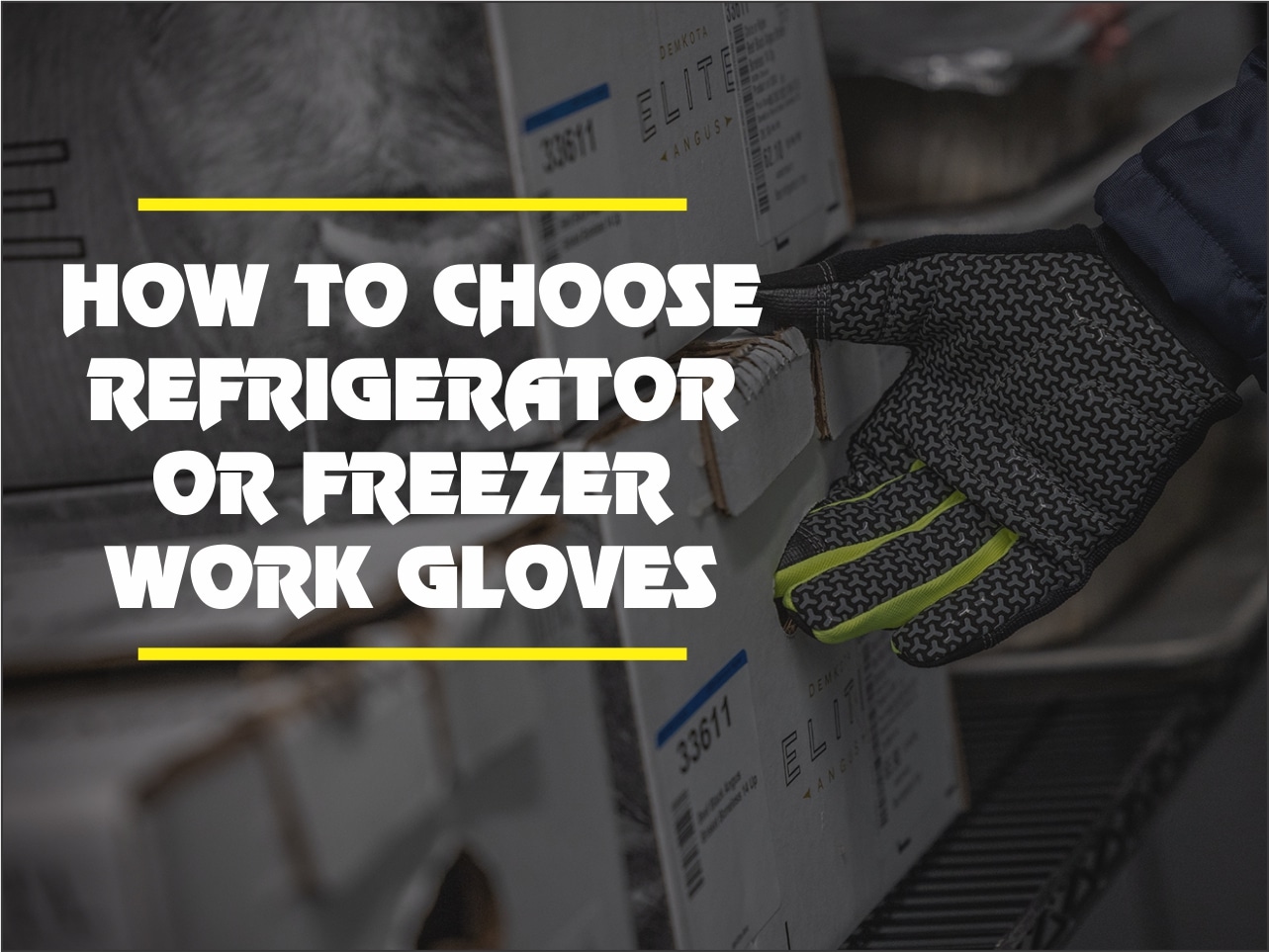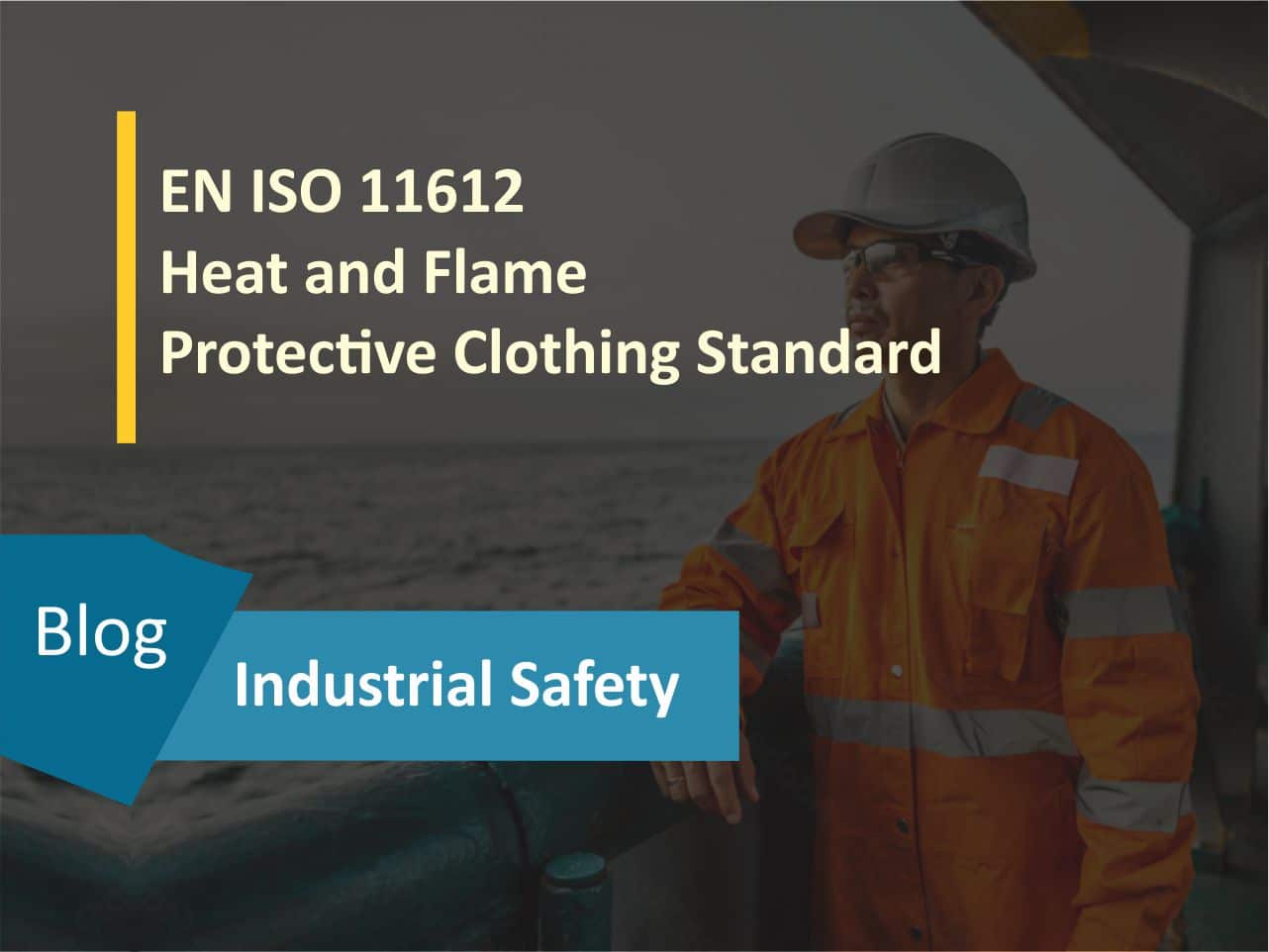Choosing the right refrigerator or freezer work gloves is essential to ensure safety, comfort, and efficiency in cold environments. Here are some factors to consider when selecting gloves for these specific conditions:

- Material and Insulation:
- Look for gloves made from materials that provide insulation against cold temperatures. Common materials include polyethylene, nitrile, neoprene, and latex.
- Ensure that the gloves have multiple layers or specialized insulation to protect against extreme cold temperatures typically found in refrigerators or freezers.
- Thickness:
- Opt for gloves that offer adequate thickness to provide insulation but are not too bulky to restrict movement or dexterity.
- Thicker gloves usually provide better insulation, but they should still allow you to handle objects safely and efficiently.
- Grip and Dexterity:
- Choose gloves with a textured or grippy surface to ensure a firm grip on items, preventing slips or accidents.
- Consider gloves that allow for sufficient dexterity to handle tools, equipment, or products within the refrigerator or freezer without removing them constantly.
- Waterproof or Moisture Resistant:
- Select gloves that are waterproof or moisture-resistant to protect your hands from condensation or potential exposure to liquids commonly found in cold environments.
- Size and Fit:
- Ensure that you choose gloves that fit comfortably and snugly to provide maximum protection and insulation.
- Consider gloves with adjustable wrist closures or elastic cuffs to prevent cold air from entering and ensure a secure fit.
- Durability and Longevity:
- Look for gloves made from high-quality materials that are durable and can withstand the cold temperatures and regular use without tearing or wearing out quickly.
- Consider gloves with reinforced seams or additional protection in high-wear areas to prolong their lifespan.
- Safety Standards:
- Ensure that the gloves meet relevant safety standards or regulations for working in cold environments, such as ANSI or EN standards, if applicable.
- Check if the gloves have any additional safety features like reflective strips or high-visibility colors to enhance visibility in low-light conditions.
- Purpose and Tasks:
- Consider the specific tasks or activities you will be performing while wearing the gloves. For example, if you need to handle sharp objects, opt for gloves with puncture-resistant properties.
- Choose gloves that are suitable for your specific work environment, whether it’s a commercial freezer, walk-in refrigerator, or another cold storage facility.
- Comfort and Breathability:
- While insulation is crucial, ensure that the gloves are breathable to prevent sweating and moisture buildup inside the gloves, which can lead to discomfort or cold-related injuries.
Conclusion
By considering these factors and evaluating your specific needs and work environment, you can select the most suitable refrigerator or freezer work gloves to ensure safety, comfort, and efficiency in cold conditions. It may also be beneficial to consult with suppliers or manufacturers specializing in cold weather or industrial safety equipment for personalized recommendations based on your requirements.






